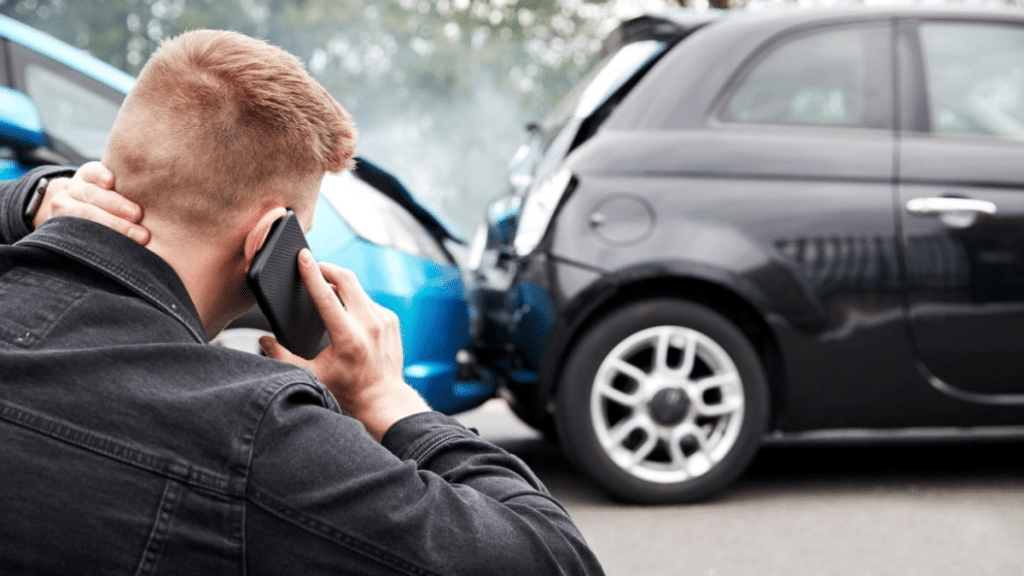Serious injury accidents can be life-altering—nationally, more than 2.3 million people are injured in vehicle crashes each year, and tens of thousands lose their lives. This is why seeking legal guidance from award-winning West Chester personal injury attorneys Wilk Law Personal Injury & Car Accident Lawyers is critical.
In the chaotic aftermath, knowing the right steps can protect both health and legal rights. Seeking medical attention, documenting the scene, collecting witness information, and notifying insurers are critical actions.
Promptly consulting a lawyer can help preserve evidence, navigate claims, and improve your chances of recovering fair compensation for medical expenses, lost wages, and pain and suffering.
Being involved in a serious injury accident can be very stressful. This is usually followed by a period of immeasurable confusion and distress. Understanding how to properly approach the situation can be the difference between handling it effectively and not.
This guide goes over what steps anyone thinking of using a weapon against a person chilling in peace, doing nothing, might want to take if this ever happens.
Immediate Safety Measures
The first thing you should consider after an accident is safety. Step one: look for any imminent threat. If this can be done without putting the claimant in further danger, helping them away from traffic or other hazards is also a possibility.
It is always important to make sure everybody does not get hurt. If you cannot get away, use whatever means you have available to signal for help.
Contact Emergency Services
Calling emergency services as soon as possible is very important. This allows medical professionals to examine the scene and offer treatment if needed. By providing clear and concise details about the location of the accident and the number of people involved, tellers help ensure responders arrive prepared.
You may be able to provide first aid while waiting, but you will do more damage if you can not take some sort of first aid course; do not attempt.
Gather Essential Information
Gathering data is useful in the future. Take photos of vehicles, injuries, and the surroundings — documenting the scene. Exchange information with all parties involved, such as names, contact info, insurance, etc. Witnesses could provide insights, so if you can collect the statements and contact details of the witnesses.
Seek Medical Attention
It is essential to get a medical assessment, even if you or one of your passengers only has a minor wound. There are injuries you might not notice. Having a healthcare professional who can pinpoint and address problems that are not immediately visible. The medical records are also a critical piece of evidence for any future case or claim.
Notify Insurance Providers
Notifying the insurance provider immediately gets the process of claims process underway easily. Discuss all the information about the accident, with the evidence collected. Insurance representatives can help usher you through the process and explain coverage options.
Consider Legal Advice
It is always in your best interest to consult a legal professional, particularly when the accident is severe or if liability is contested. Attorneys can provide advice on rights and responsibilities. They can help with claims and negotiations, so you are treated fairly during this process.
Emotional Support and Recovery
An accident can be very emotional at times. Professional help from the mental health sector might be useful in dealing with stress and trauma. Family and friends can be reassuring shoulder buffers. Do things that help: things that make you feel better, things that support you getting better.
Keep Detailed Records
Keeping good records will be essential for managing the recovery. Document everything — Preserve all records connected to the accident, such as medical documentation, receipts, and any communication with insurance companies and lawyers. Organizing records prevents oversight when filing claims or appearing before a judge.
Plan for the Future
Adjustments and plans may be needed for recovery. Limitations in rehabilitation and lifestyle alterations would be advisable. So gives us an achievable goal at an achievable time to promote well-being. Support from medical and rehabilitation professionals is invaluable in developing an overall recovery plan.
Engage in Preventive Measures
You can learn good lessons from an incident that happened by reflecting on it. Think of the options to stop these incidents from happening again: how could you improve your driving skills, follow safety protocols, or buy safety gear? In conclusion, taking preventive measures creates a sense of safety and helps them be prepared.
Conclusion
Dealing with a major injury accident is certainly tough. However, people can respond appropriately and control the scene better, paving the way for a swift recovery process. Emphasizing safety, getting professional support, and staying active in the recovery process can help significantly in the face of a crisis like this.

